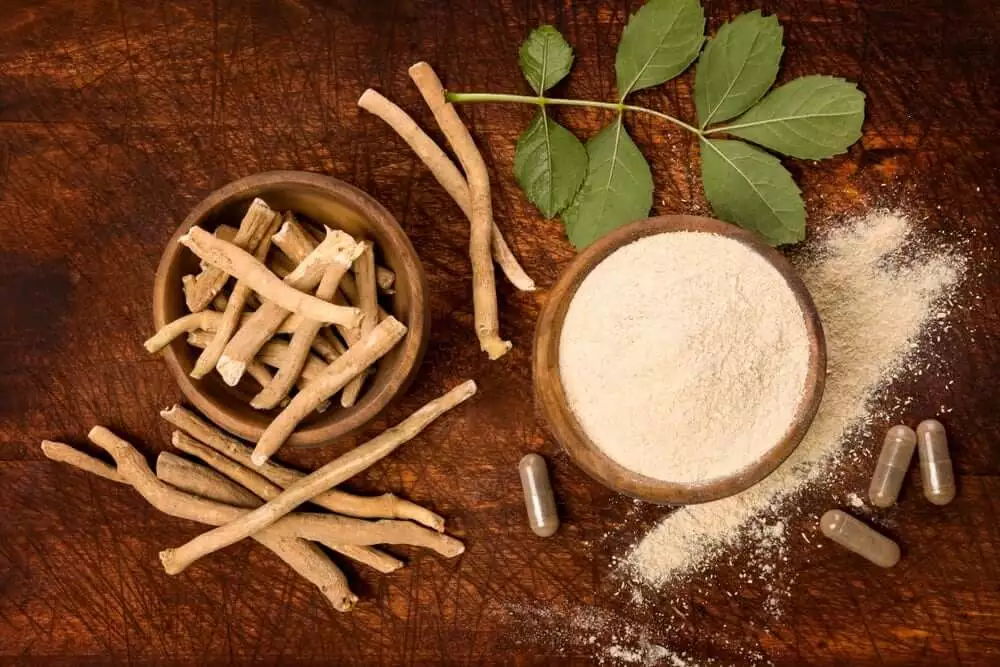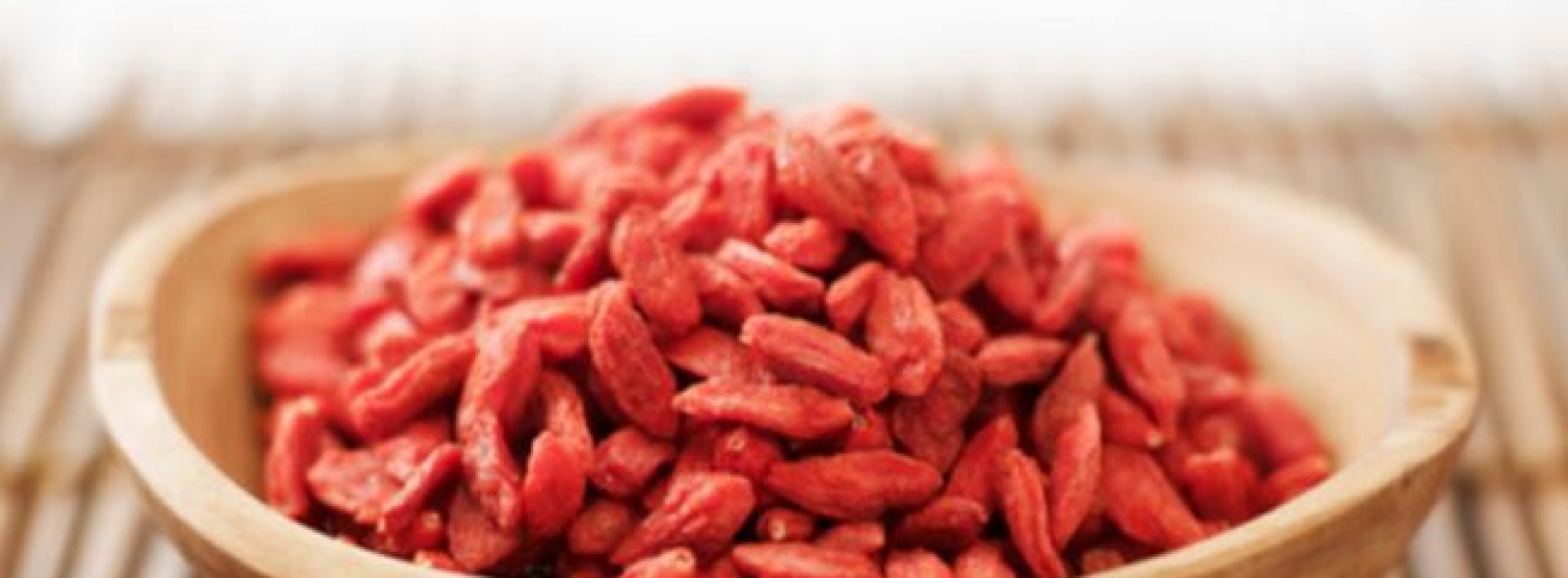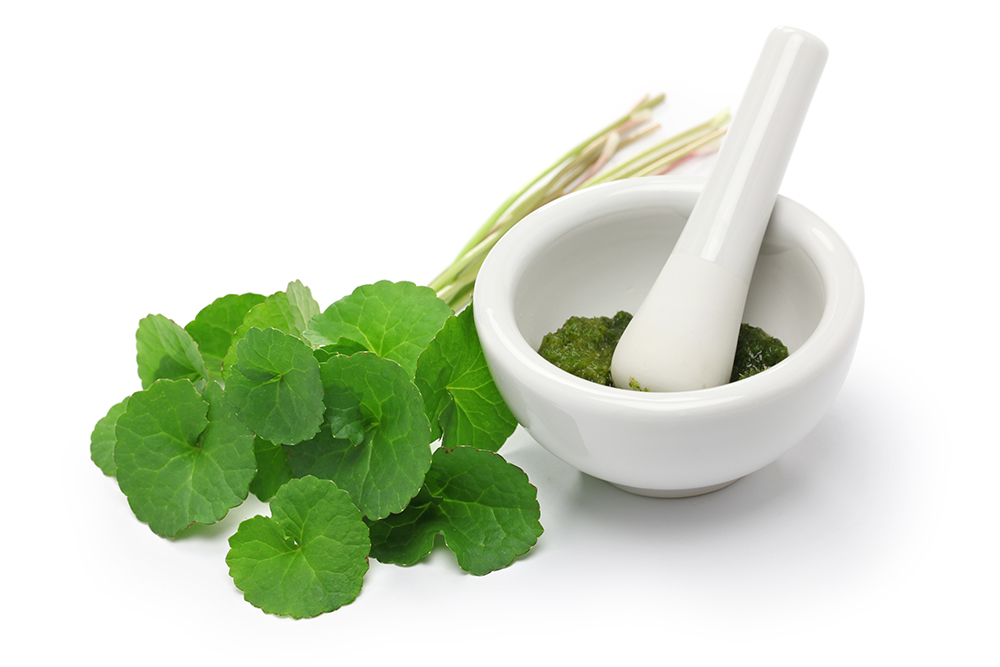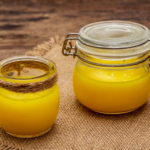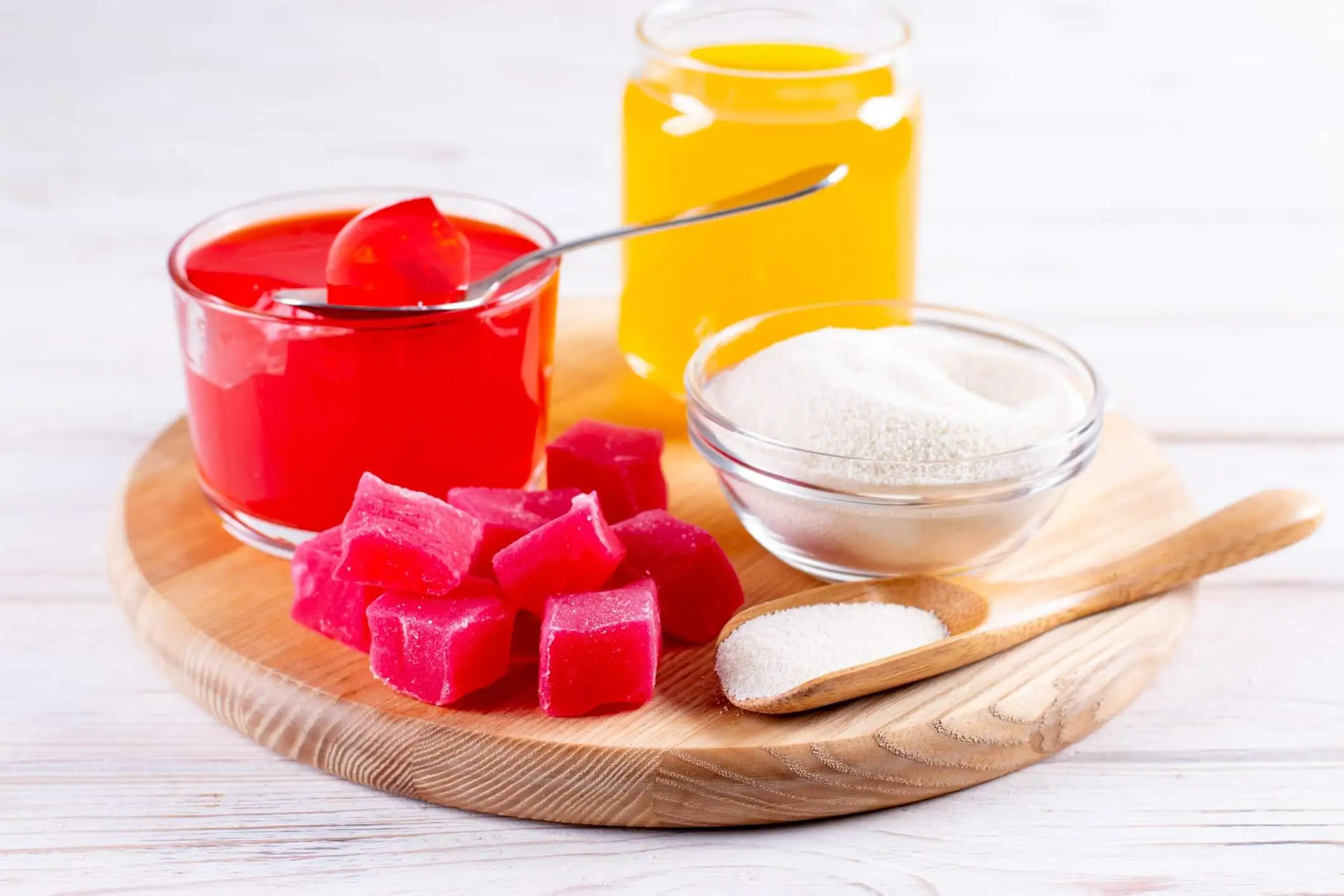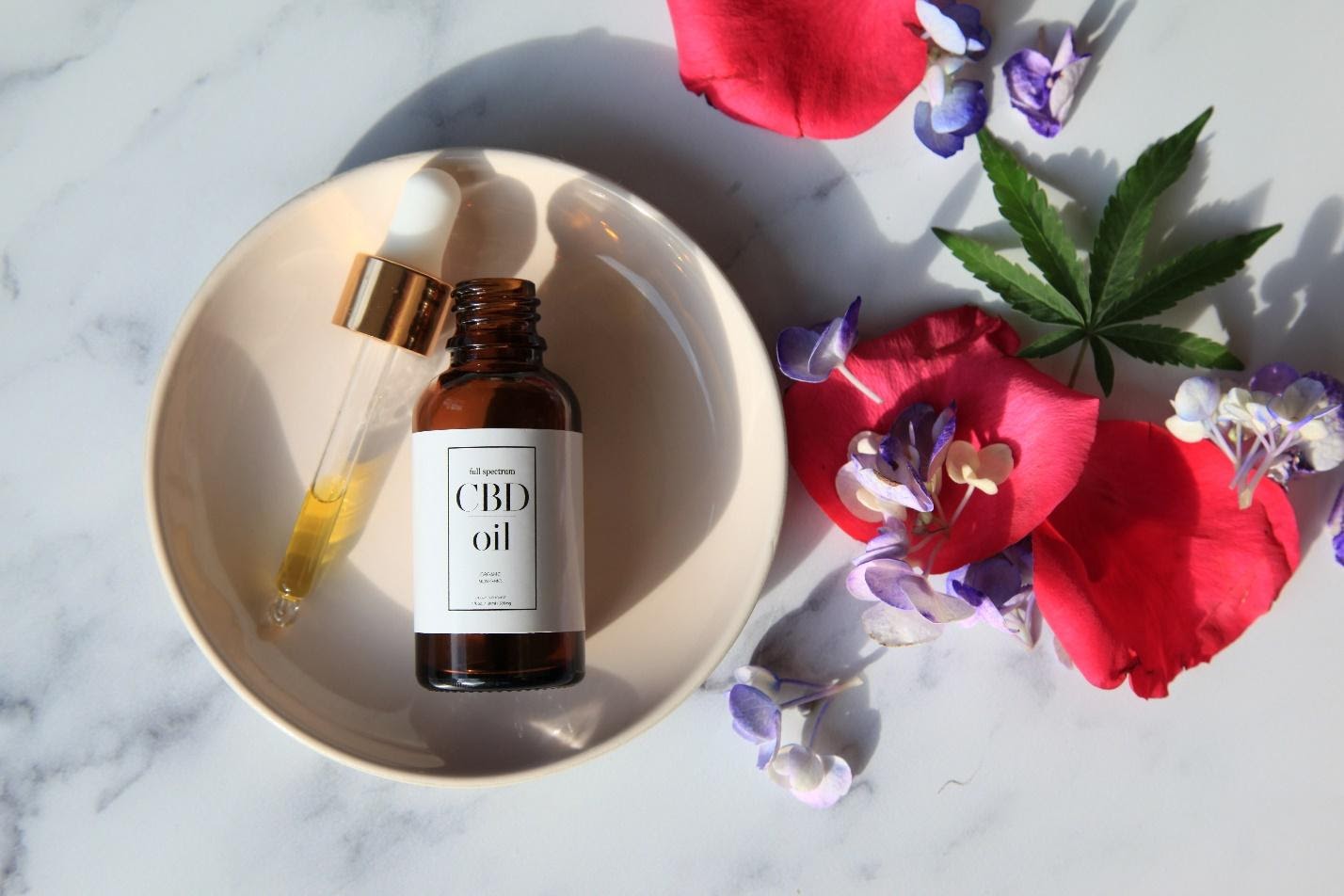Romans and Their Gift of Thyme
The widely used and very nearly perfect herb, comes in a variety of styles; Lemon, common thyme, thymus vulgaris, and thymus, are all names of the versatile herb. The plants medicinal as well as culinary use is thought to have entered Europe by the Romans who used it to purify and freshen their rooms.
Used as incense and placed on coffins for a right of passage to the afterlife, thyme was also a favorite of the fairies, who could turn invisible.
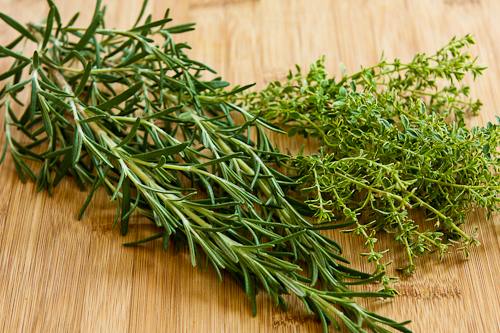
Growing thyme requires a well-drained alkaline soil with full sun. Due to its heavy content of thymol, the herb has a strong flavor and is an essential member of any scented garden. Thyme’s foliage is tough to help retain water but this has a drawback when drying in that it takes quite a while. Best picked when flowering, the herb is easily propagated by seeds, roots, or root divisions. The versatility of this herb makes it an easy choice for any garden and can be taken from the store into the ground. Make certain that you allow the plant to have plenty of room when planting and do so in late spring. Since the herb extracts most of the soils nutrient properties it is necessary when following thyme to trench deeper than the herb was.
Thyme is considered one of the best for herbal cooking as it keeps its flavor even after drying. This is a bonus when long slow cooking is required since the herb holds its flavor for a very long time. Whole sprigs of thyme can be used to dress up stews but be sure to remove the sprigs prior to serving. It makes a great salad item and the leaves when fresh or dried are wonderful for butter and cooking oil.
When cooking poultry or fish use this lemony herb since it matches very well to these short cooking items. To keep the zesty flavor of citrus in lemon thyme, use only the freshest available and add late. Try this herb in egg and cheese dishes such as quiche and omelette and don’t forget to herb up your cabbage, potatoes, tomatoes, and legume dishes with the fantastic herb. As a medicine, this perfect herb is hard to beat. Known for its healing properties, this herb is easy to prepare and even easier to grow in your garden. If you want to wag war on those pecky germs, use the herb for its natural anti-septic properties.
Thyme oil is used in all types of medicinal methods for its great anti-biotic and anti-viral properties. With its great aroma, the herb is a wonderful choice when the kids need a warm steam vaporizer but not as a topical astringent. Since it was discovered, thyme remains as one of the most trusted and utilized herbs.
Growing Thyme

Herry a man of many talents and interests. He has been writing on health for years and his blog covers everything from diet to natural remedies, fitness, and more. He loves learning about new things like supplements like turmeric, probiotics, green tea extract, protein powders etc., because he wants to give his readers the latest information they need in order to make healthy decisions for themselves or their loved ones.

